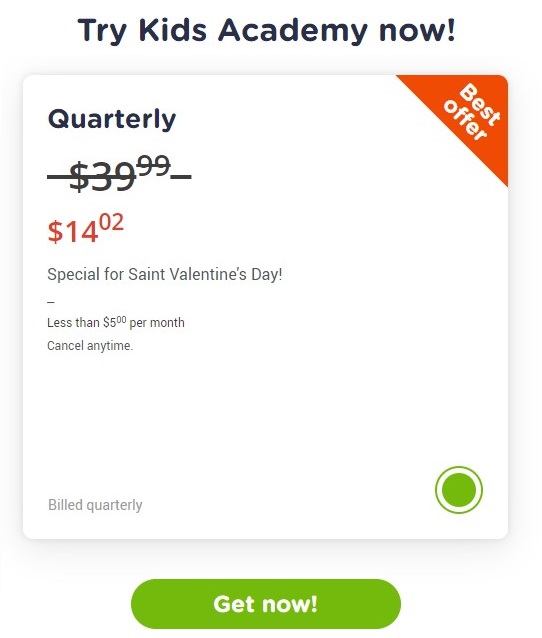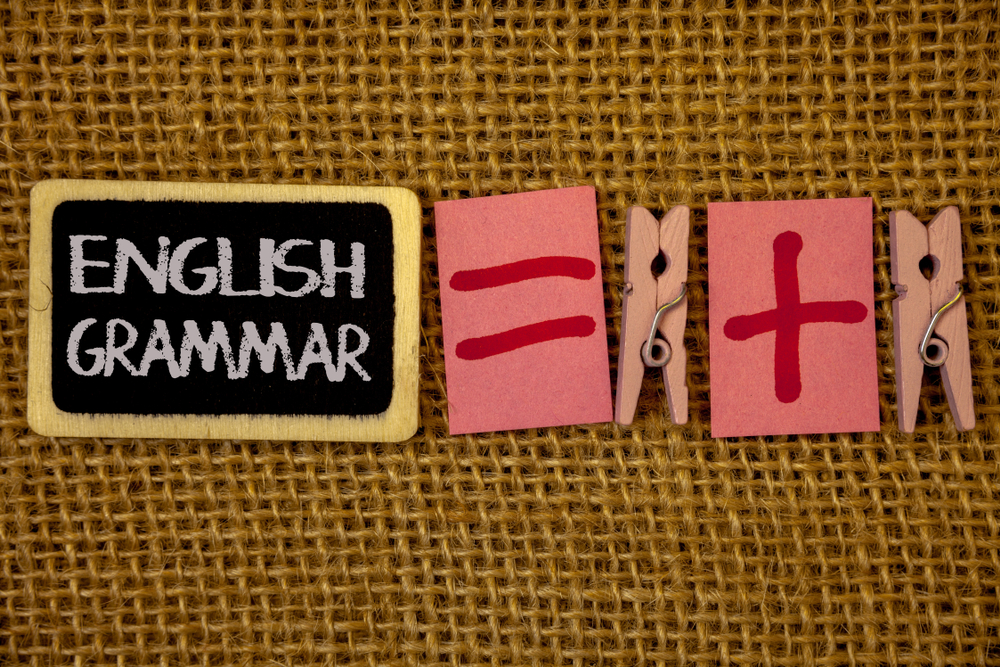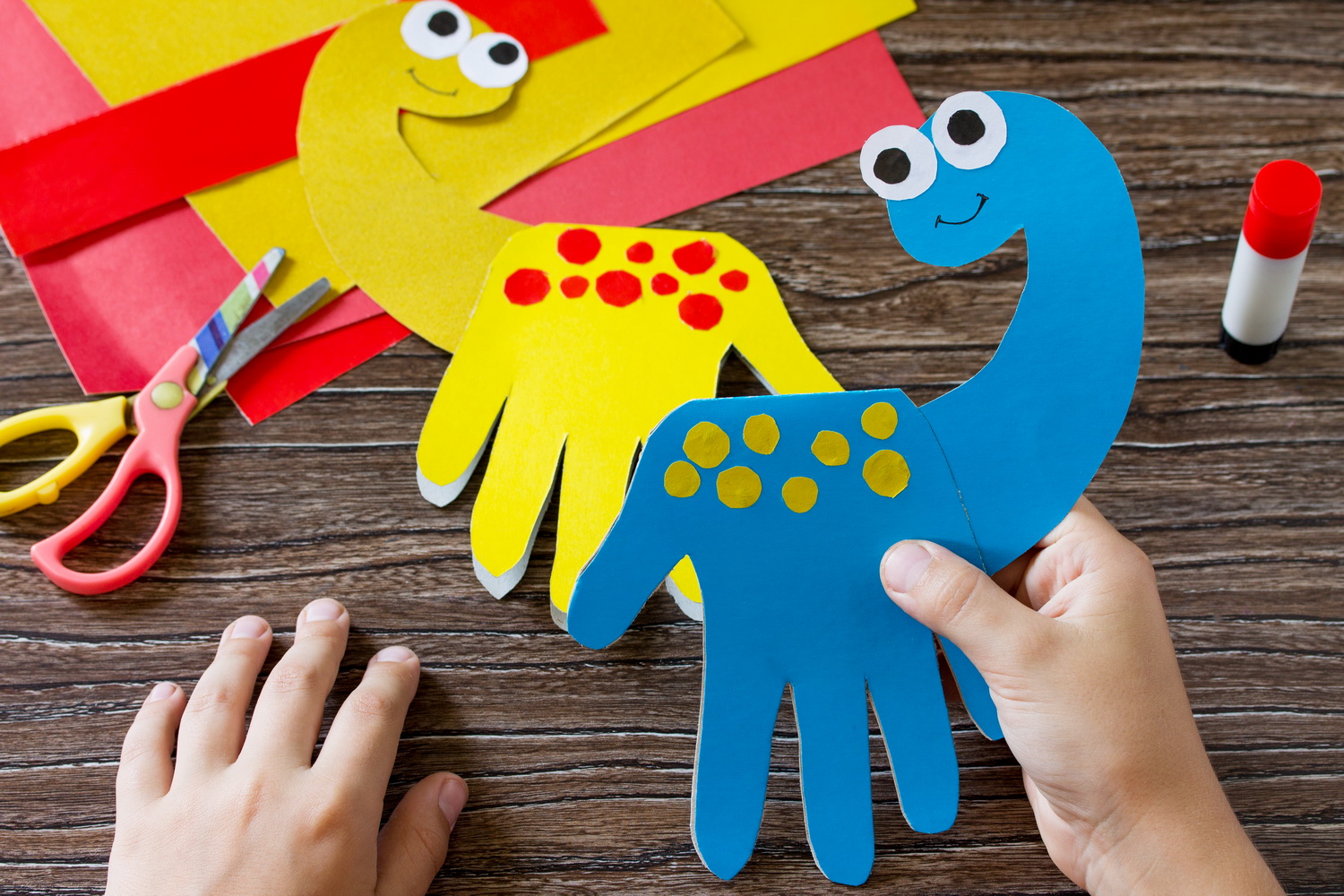First Crushes
Feb. 11, 2022
Isn’t it just cute seeing kids holding hands and claiming their love for each other? I remember watching Little Rascals. Alfalfa really likes Darla, and he was doing everything to be noticed, even planning dates, and giving gifts to her. This might sound serious because of all the efforts the kid makes for someone he likes. First crushes are innocent, exciting, and adorable, some call it “puppy love”. It is common to like someone at any age, and it is a chance to learn new feelings and connections because it is different from liking someone as a friend or loving your parents.
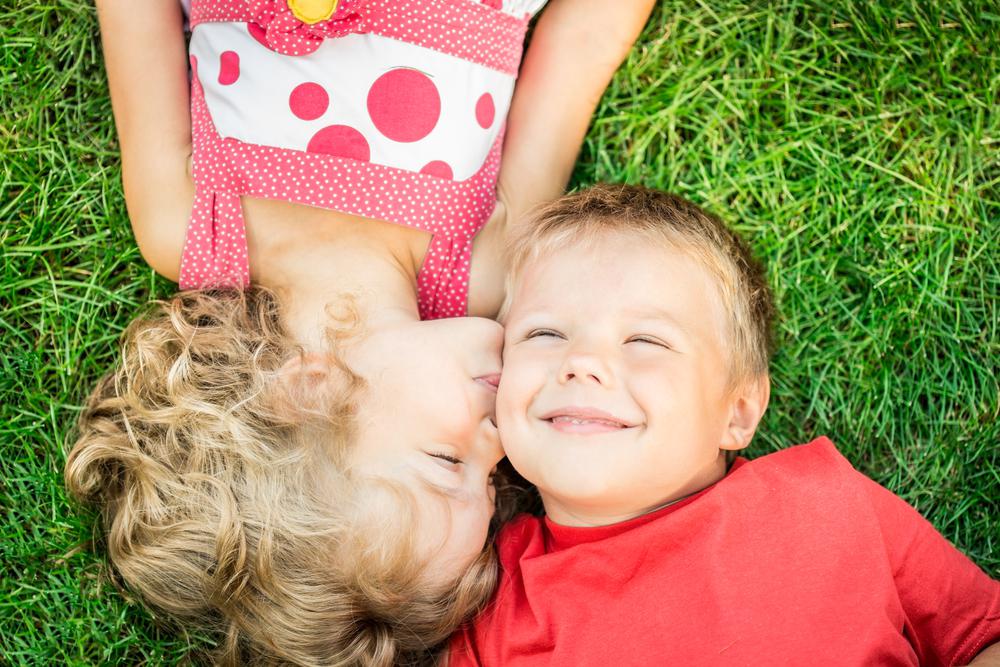
“I had my share of puppy love, his name was Riyu, and I was just in the first grade. Riyu was my classmate and neighbor, he picked me up at home and we went to school together holding hands. I was always motivated to go to school because of him. I wanted to look cool by being smart because he would always ask for help with homework. But then, he had to leave the town, so we hugged each other last time and bid our goodbyes.” I will never forget my first crush, even talking about him right now still gives me butterflies. I never shared these memories with anyone, my parents never talked to me about crushes, and growing up, I never really confided to them, which I believe is necessary to develop close relations.
“Kids can fall in love by all developmental measures as soon as you can begin to measure their feelings,” says Carleton Kendrick, EdM, a Boston-based family therapist and an author of Take Out Your Nose Ring, Honey, We’re Going to Grandma’s. Crushes are part of our lives. It is important to talk to your children about this, to guide them and help manage heartbreaks. Little children may also feel this kind of pain and they should have someone to share it with.
The things that you can do
Talk. I cannot express this enough but ALWAYS talk to your child. If you notice that your child is acting differently: always fixing hair, dressing up nicely, or putting on perfume, then he or she probably has a crush. Do not press on them to tell you about it and let them share their feelings with you when they are ready. You may ask them “Whom do you like playing with at school?” or “Who is your favorite classmate?” that will give you a hint of whether they like someone. Then, talk about crushes and let your child express his or her feelings. Having a crush is new to them and they might be confused feeling shy about someone. Explain this new emotion to them: “Crush is when you like someone, you are happy when they are, you always wanted to see and play with them”. Use words that your child will easily understand.
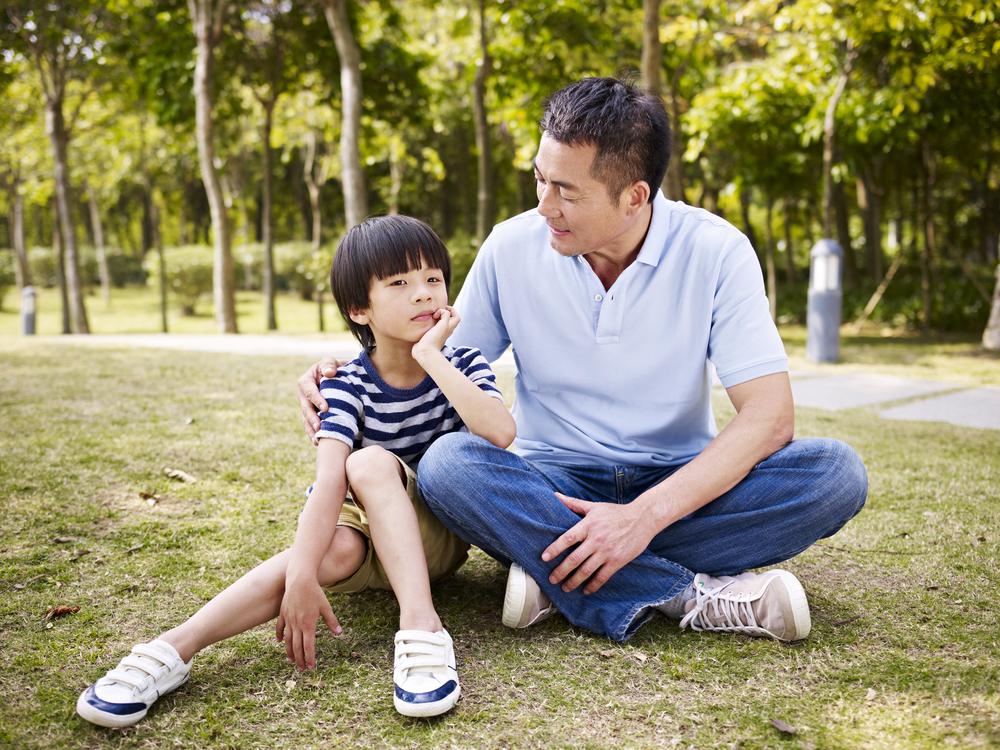
Teach. Teach your child dealing with attention. Not all crushes are mutual. Your child’s crush may not give them attention. Comfort them, explain and let them know that it is okay. You may do role-play on what the child can do if they are ignored by their crush. Teach them about giving space and how important it is when someone has a crush on your child and he or she does not feel the same. Your child might feel pressured when there is unwanted attention. Practise using kind words, he or she may say things like “I appreciate that you like me, but I would want to stay friends” or even “Thank you for liking me.”
Support. Encourage them to build their confidence. Give compliments if they look good. Confidence can be not only physical, but it can also be acquired through skills, or even academically. Remember what I did to get noticed by my first crush — I studied hard. With this, you can guide them. Practice math, reading, and writing skills at home, and make it fun with Kids Academy’s app. Children love hearing compliments, especially when they are exerting efforts. Give them praise for the good things that they do. Help them if they want to write letters for Valentine's Day or with picking a gift. Crushes are not as serious as when we are older, but a child would not think this way. Do not overdo your support but be ready if they ask for help.
Comfort. This is a learning experience for your child. Unrequited love happens, therefore, do not blurt out words like “You’ll get over it,” or “It’s not real love.” Like mentioned before, children can feel heartbreaks too. Instead, comfort them, let them know that rejection is normal, and it happens to everyone. You can share your own experiences with your first crush.
Monitor. Monitor your child’s emotions, they are kids, but kids do crazy things too. I remember I had a crush on someone when I was in the elementary grade and I wanted to be bullied by him, and this is not okay. Check-in with your child. Be sure that they are not doing anything that may get them in trouble.

Things that you should not do
Do not share your child’s crush with others. When your child starts talking about their crush, do not just share it with other people, ask your child first. “One of the most dangerous things I see parents do is comment on their child’s crush in front of the child to other adults or [worse]—to their child’s friends,” says Julia Simens, a family therapist from Lake Tahoe Incline Village, Nevada. Some children may not be ready to talk about their crush with someone else. Make them feel that you can be trusted.
Do not make fun of young crushes/love. We may think that crushes are not serious, but it is different for them. This may make them feel humiliated if you laugh at them when they start sharing. Instead, provide practical advice, such as “It is okay to have a crush, as long as you feel that you are both happy.”
Crushes are exciting, so let children enjoy themselves while it lasts. It will be a cute story to tell when they grow up!
About the author
Jorezza Antonio - Behavioral Therapist.
Metro Manila, National Capital Region, Philippines.
Links and references:
Gordon, Sandra How to Handle Your Child’s First Crush



